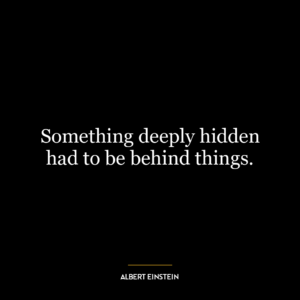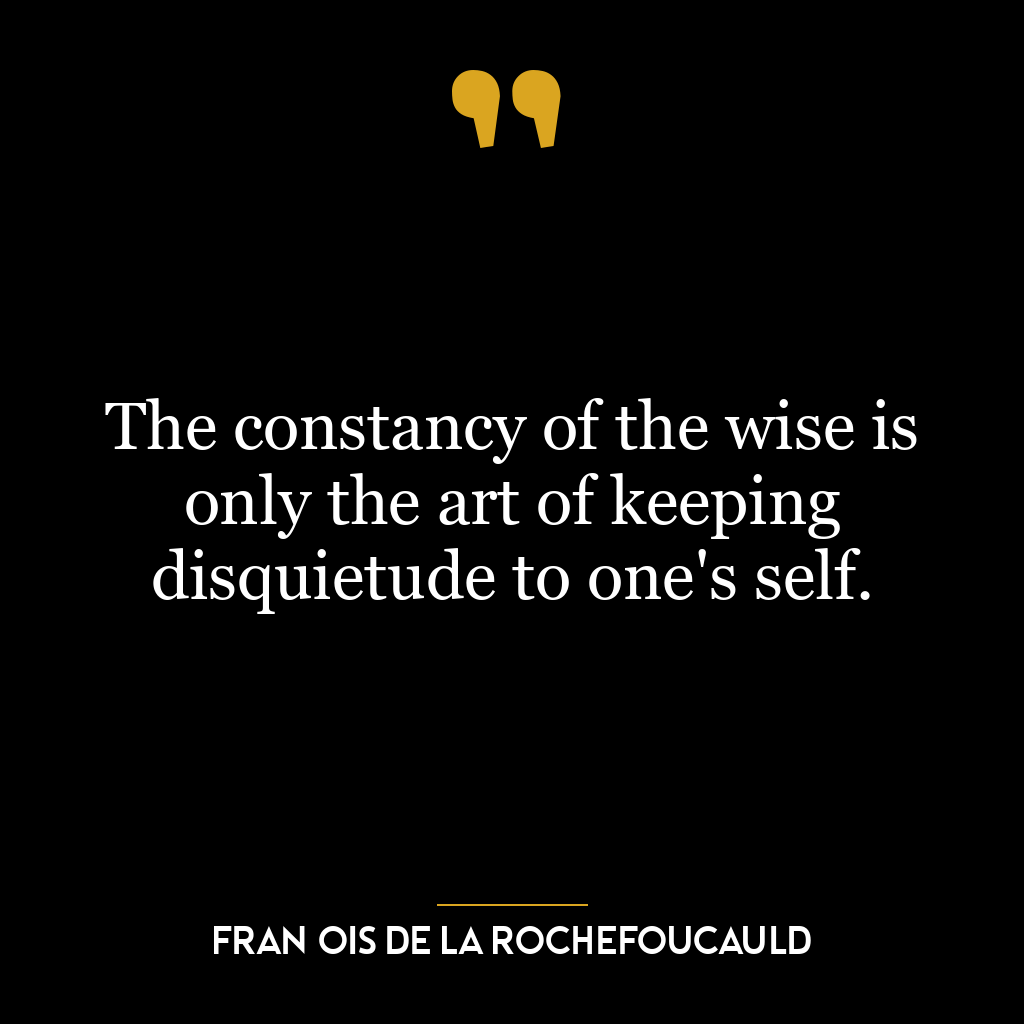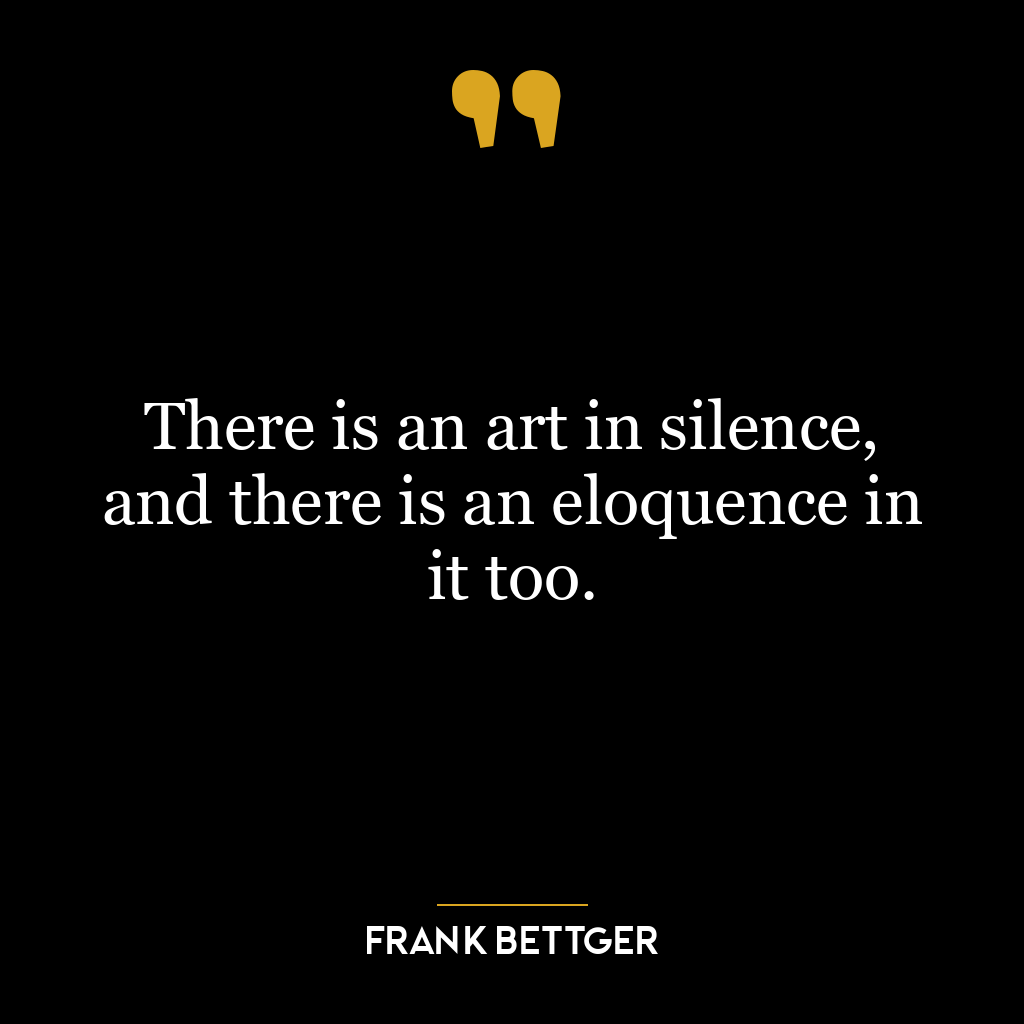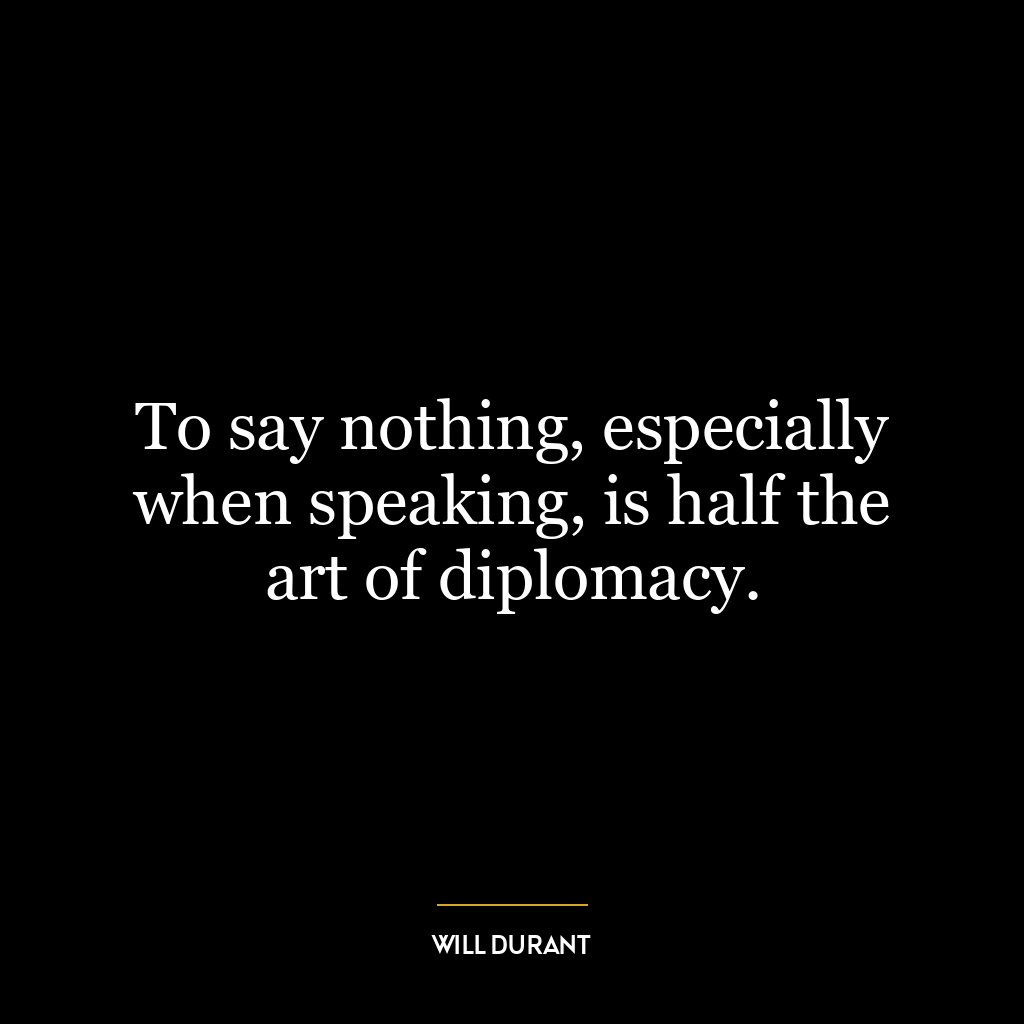This quote emphasizes the importance of speaking up against injustice. Silence, in the face of wrongdoing, is seen as a form of agreement or acceptance. By choosing not to voice out against something wrong, one becomes a silent participant, hence the term “guilty of complicity”. The silence here is not merely the absence of words, but the absence of action, of protest, of resistance. It’s about the moral obligation to resist and confront wrongdoing.
In a broader context, this quote underscores the necessity of active involvement in social issues. It’s about not being a passive observer but an active participant in shaping the world around us. When we witness injustice, inequality, or any form of wrongdoing, we should voice our concerns, take a stand, and strive for change.
In today’s world, this idea is more relevant than ever. With the rise of social media, we have a platform to express our views and fight against social injustices. Whether it’s racial inequality, gender discrimination, climate change, or any other social issue, we have a responsibility to speak up and not remain silent.
As for personal development, this quote encourages us to adopt a proactive attitude. It’s about not shying away from difficult conversations or situations but facing them head-on. It promotes the idea of moral courage, of standing up for what we believe is right, even if it’s unpopular or uncomfortable. This can lead to personal growth, as it challenges us to step out of our comfort zone, confront our fears, and stand up for our beliefs.










